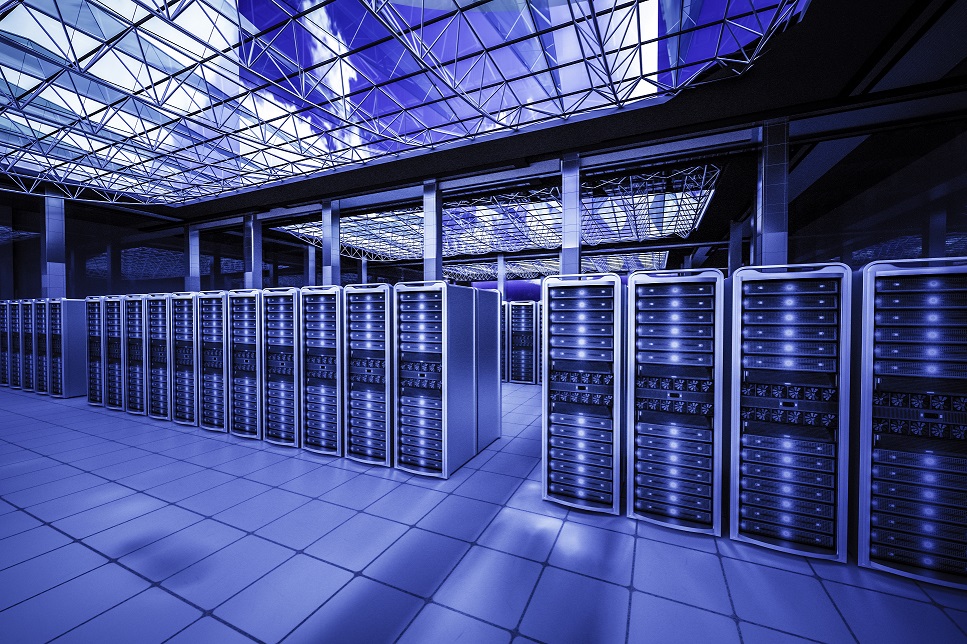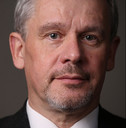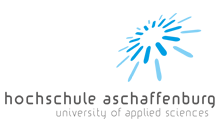A Delphi-Based Estimation of Several Ecological Utility Values of Internet Applications
How video conferencing and telecommuting can help to reduce the ecological footprint of companies. Prof. Georg Rainer Hofmann & Meike Schumacher from the Aschaffenburg University of Applied Sciences explain.

© millann | istockphoto.com
Current public discussion rightly questions aspects of the ecology of the Internet industry and the Internet systems and applications. The popular negative conception of the – supposedly – too high energy consumption of Internet data centers and the consumption of resources in the area of devices contrasts with the significant economic value creation in the Internet-based industry. Several utility values of Internet applications are of a non-monetary ecological nature and are to be understood in a present-day context of transportation of people, goods, and information. These utility values have been addressed in a Delphi survey.
Related Stories


Delphi survey and results
In winter 2017/2018, a multi-stage survey was carried out by the Information Management Institute at the Aschaffenburg University of Applied Sciences amongst German-speaking professors of business informatics and representatives of companies from a range of sectors. The survey participants did indeed see notable positive ecological effects in the three areas of transportation of people, goods, and information. The estimations made also see the respective potential as not yet exhausted; further positive lines of further development are emerging.
The survey participants put the share of workers with the possibility of telecommuting at more than one sixth.
If the commute to work is dropped due to the estimated 1.5 plus work days per week for an average user of home offices, this results in an appreciable alleviation of commuter traffic. The long-term developments of the coming 5 to 10 years would see a rise in the share of home office users to more than 30% – the time saved on commuting would result in an estimated 2 days per year per person.
The proportion of appointments and meetings that “previously” were connected to a business trip and are currently carried out using Internet-based tools (e.g. Skype) amounts to 35%. The survey sees a growing proportion of virtual meetings in the long-term trajectory of the coming years; this will increase to more than 50%
The estimations converge well for the private sphere and for the area of goods logistics; consumers clearly perceive online trade as offering an ecologically advantageous scenario. Travel for the purposes of private purchases have reduced by 25% for the survey participants.
The individual traditional paper-bound consumption of information (newspapers, books) is strongly relativized – the portion of consumption of information through Internet-based sources is seen to be over 75%. This concerns both information required for professional and business-related purposes, as well as private needs. The estimate corresponds to the public conception that “the Internet” has become the absolutely dominant – irreplaceable – source of universal information.
Summary
The Internet today has taken on a significant role in German companies and also in private households. Through the Internet industry, this leads to a massive saving on resources. This can be seen in the transportation of people, goods, and information.
As the survey demonstrates, the potential for home-office arrangements is by no means yet exhausted and a significant increase is projected for the coming years in the percentage of work that can be undertaken in the home-office environment. However, as this is technically already frequently perfectly possible, it is necessary to examine in detail its framework conditions and in particular its hurdles. Alongside the purely technical requirements, which are realized for example through cloud-based data storage, legal and social aspects also play an important role.
The acceptance of teleconferencing or paperless processes entails a reduction in classic environmentally damaging emissions. Furthermore, it should be noted that the energy consumption of the Internet infrastructure is more than compensated for by efficiencies generated through the application of Internet services - for example, IoT - in traditional industry. Here, further examinations of this balance are needed.
Nonetheless, in the area of the Internet services used in the personal sphere, the utility values are of a non-monetary nature – a portion of the Internet usage is simply “fun” and serves the enjoyment of the user. For such entertainment products, ecological discussions tend to play a more subordinate role, but they should not be neglected in the political discussions. They form an important stimulus for the overall acceptance of digital transformation.
Prof. Dr. Georg Rainer Hofmann is a professor and director of the Information Management Institute (IMI) at the University of Applied Sciences in Aschaffenburg. His academic work and publications comprise political and strategic issues of Information Technology, Professional Service Firm Management, as well as Digital Markets and E-Commerce. Among other mandates, he serves as the speaker of the eco Competence Group "E-Commerce and Digital Markets".
Dipl.-Bw. Meike Schumacher has a degree in Economics and researches expertise and knowledge transfer within the European Social Fonds (ESF) at the Information Management Institute (IMI), University of Applied Sciences in Aschaffenburg. Her work focuses on methods concerning the improvement of acceptance of technical systems, and related communication issues.
Please note: The opinions expressed in Industry Insights published by dotmagazine are the author’s own and do not reflect the view of the publisher, eco – Association of the Internet Industry.




